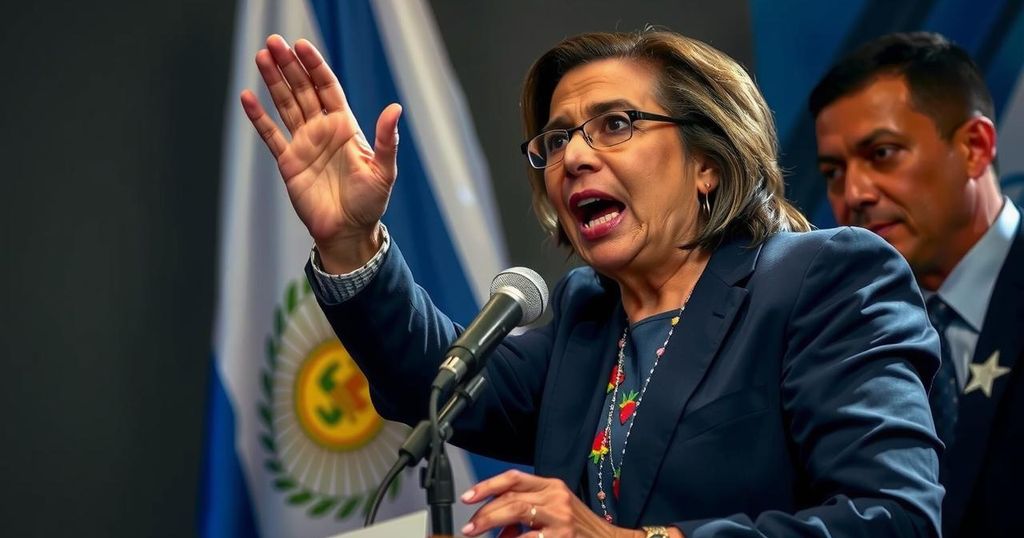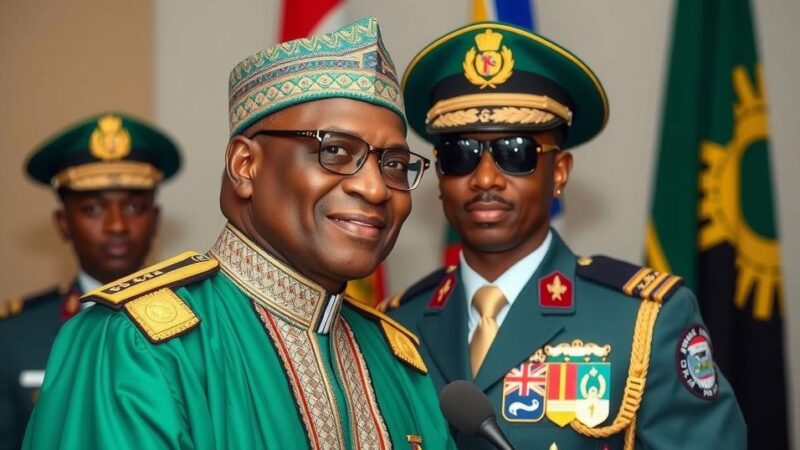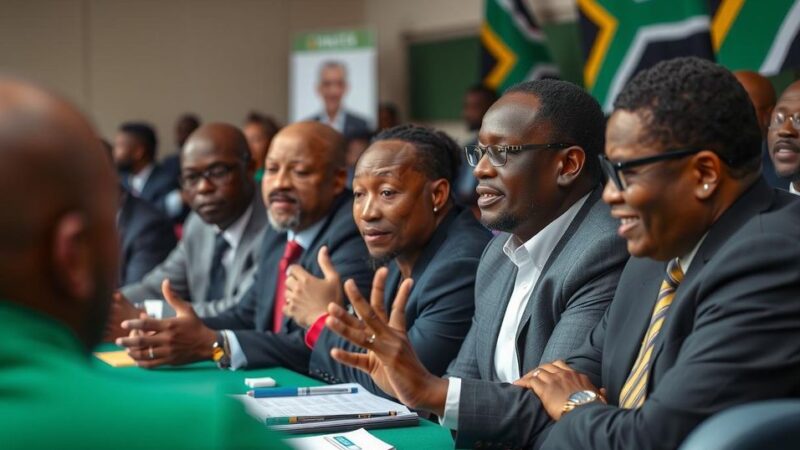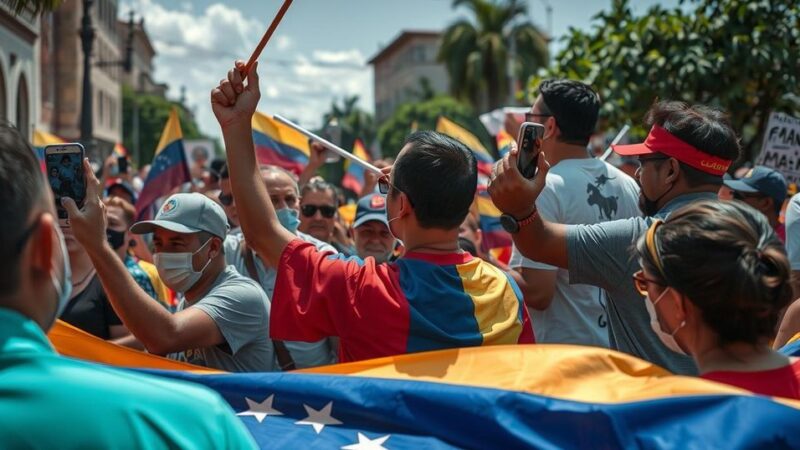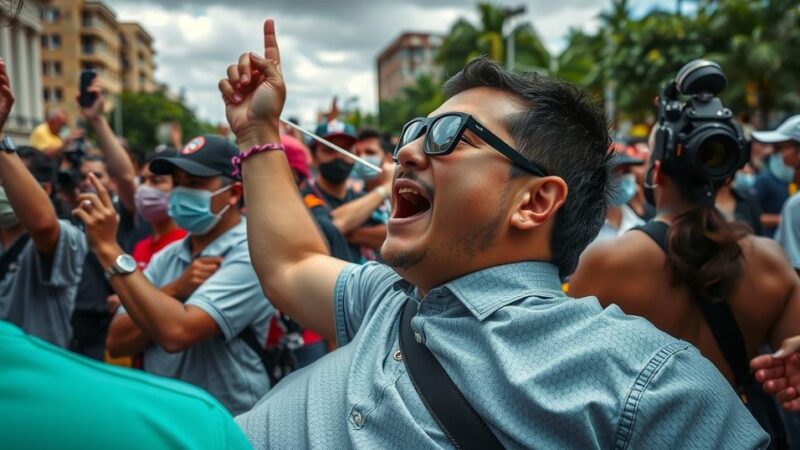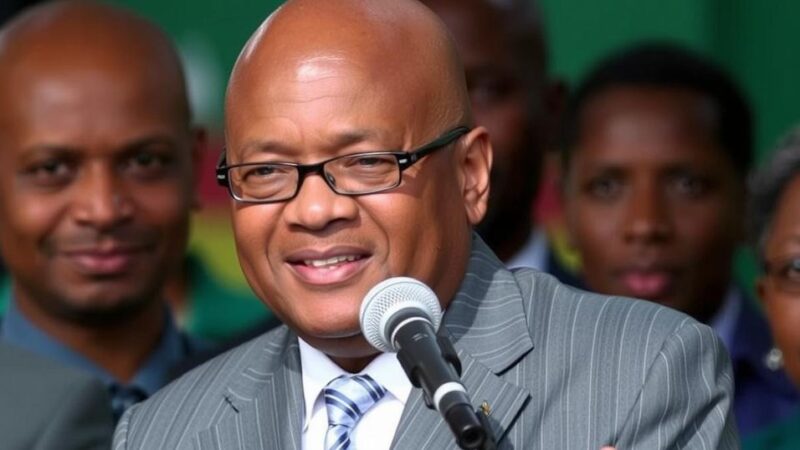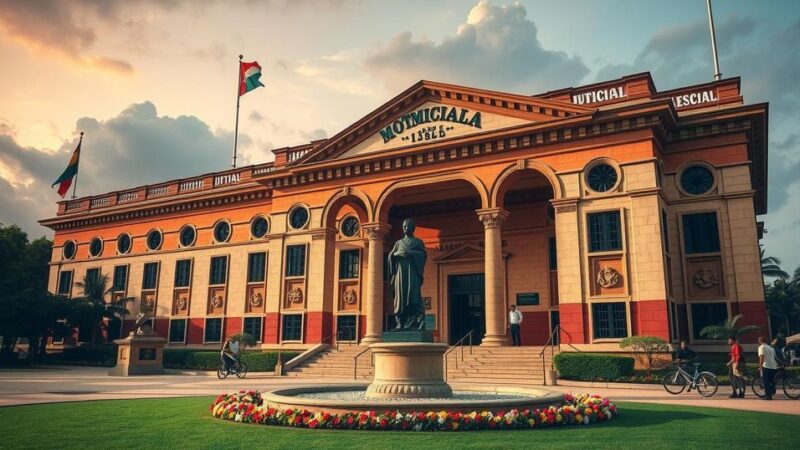Yamandu Orsi won Uruguay’s presidential runoff, securing 49.77% of the vote against conservative candidate Alvaro Delgado at 45.94%. Both Delgado and President Lacalle Pou conceded gracefully, signaling a stable political transition. Orsi aims to tackle high costs and crime while maintaining a moderate policy approach. This election reflects a global trend of incumbent parties losing support amidst growing electoral shifts.
Yamandu Orsi, the centre-left opposition candidate, emerged victorious in Uruguay’s presidential election, marking a significant shift in the political landscape. With nearly all votes counted, Orsi garnered 49.77% against conservative rival Alvaro Delgado, who received 45.94%. The victory reflects a growing trend in global elections favoring change over incumbency. Orsi, a former history teacher and two-time mayor, took the opportunity to address his supporters, emphasizing a vision for freedom, equality, and fraternity in Uruguay.
Both Alvaro Delgado and current President Luis Lacalle Pou acknowledged the election results, congratulating Orsi and expressing willingness to aid in the transition of power. The election was characterized by a relatively cooperative atmosphere among candidates, as opposed to the divisive political environments seen in neighboring countries. Orsi promised a “modern left” approach to governance, focusing on pressing issues such as high living costs and security concerns while assuring voters that he would not implement radical policy changes.
The Broad Front party, which Orsi represents, secured significant support in the Senate, winning 16 of 30 seats. Although no coalition retained an absolute majority in the lower house after the recent elections, Orsi’s position is bolstered by his party’s performance. His rise is indicative of a broader trend seen in multiple recent elections worldwide, where incumbents experienced a decline in voter support.
The election results culminate in a significant year for political shifts across the globe, as Uruguay joins other nations in redefining their political direction amidst economic challenges and social issues.
In 2023, Uruguay witnessed a pivotal presidential election in which centre-left candidate Yamandu Orsi unseated the incumbent conservative coalition. This election was part of a global pattern where voters showed a preference for change, as seen in various countries experiencing political upheaval. The election was marked by a relatively smooth transition and collaboration between opposing parties, highlighting Uruguay’s unique political culture compared to its regional neighbors. Economic factors, including inflation and crime rates, were central themes in the electoral discourse that ultimately influenced voter preferences.
In conclusion, Yamandu Orsi’s election as President of Uruguay represents a significant departure from the conservative administration, reflecting a broader trend towards change in global politics. His victory is accompanied by a commitment to address economic and social issues while fostering cooperation across political lines. The smooth concession by rivals further exemplifies Uruguay’s relatively stable political environment, contrasting with the contentious atmospheres seen elsewhere in Latin America.
Original Source: www.theguardian.com

